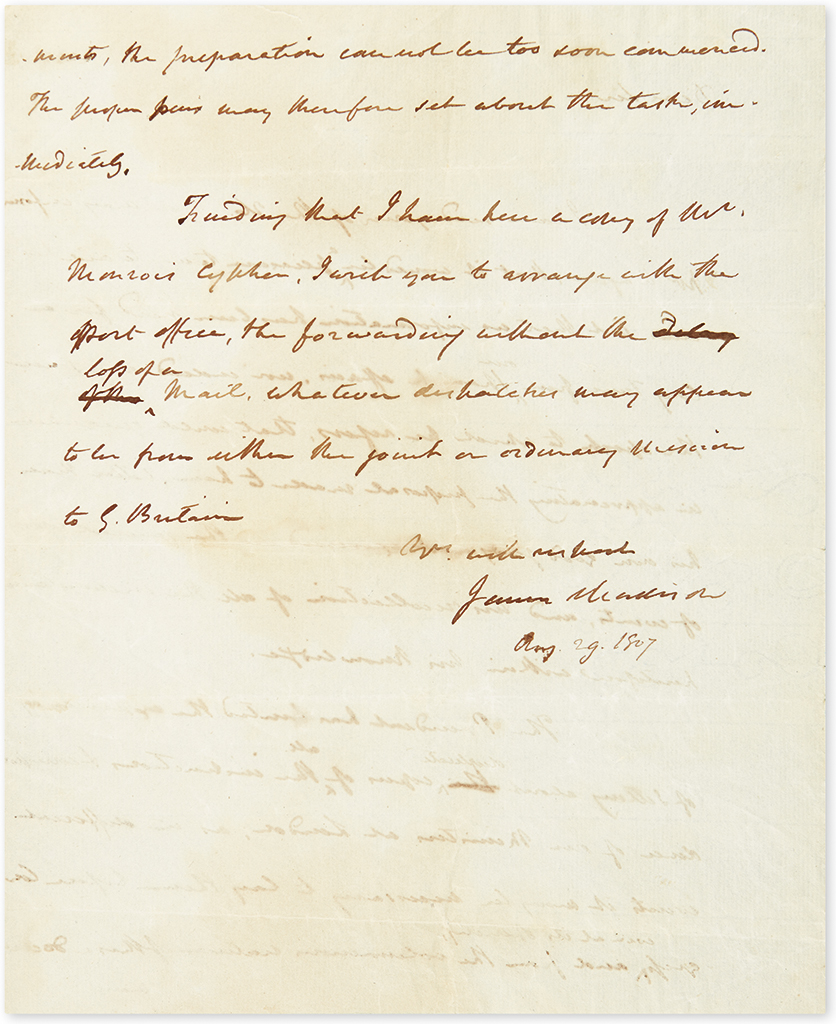Sale 2428 - Lot 158
Unsold
Estimate: $ 6,000 - $ 9,000


Aliquam vulputate ornare congue. Vestibulum maximus, libero in placerat faucibus, risus nisl molestie massa, ut maximus metus lectus vel lorem.